As the sun cast its golden rays over Durban, a sense of urgency and determination filled the air outside the provincial police headquarters. ActionSA’s KwaZulu-Natal leader, Zwakele Mncwango, stood at the forefront, his voice ringing out with conviction. The scene was one of protest, of demands for justice, and of a nation grappling with a deepening police crisis.
Mncwango’s words cut through the gathering crowd, his message clear and resolute. He expressed a belief that a mere commission would not suffice to remedy the unfolding turmoil within South Africa’s law enforcement and criminal justice systems. The urgency of the situation was palpable, driving the party to stage a picket calling for immediate action to address the crisis that threatened the very fabric of society.
The catalyst for this demonstration was the explosive allegations put forth by provincial police commissioner Lt-Gen Nhlanhla Mkhwanazi. In a bold move that reverberated through the corridors of power, Mkhwanazi accused Police Minister Senzo Mchunu and other high-ranking officials of interference in police investigations. The implications were profound, hinting at a shadowy nexus of corruption and malfeasance that threatened the nation’s security.
“We are saying criminals must go to jail,” declared Mncwango, his voice unwavering. The call for accountability echoed through the crowd, a chorus of demands for justice and integrity in governance. Mkhwanazi’s revelations had laid bare the rot within the system, exposing a web of criminal syndicates that sought to subvert the rule of law for their own gain.
Amidst the throng of protesters stood Ntombi Madlala, a resident of Durban North whose resolve mirrored that of Mkhwanazi himself. The revelations had struck a chord within her, igniting a fire of activism and determination. “The cause which Mkhwanazi is fighting for is something which is close to my heart,” she remarked, her eyes alight with passion. The rallying cry for justice had found a home in her heart, propelling her to stand in solidarity with those who dared to speak truth to power.
The implications of Mkhwanazi’s allegations reverberated far beyond the confines of Durban’s streets. They spoke to a larger truth about the challenges facing South Africa, the delicate balance between law and corruption, between justice and impunity. The very foundations of the state were being tested, and the response of its leaders would shape the course of the nation’s future.
In the midst of the chaos and uncertainty, one thing remained clear: the fight for justice was far from over. As Mncwango’s voice rose above the crowd, calling for action and accountability, a sense of unity pervaded the gathering. The struggle against corruption and criminality was not a solitary one; it was a collective endeavor, a shared commitment to a better, more just society.
And so, as the sun dipped below the horizon, casting long shadows over the city, the echoes of protest and determination lingered in the air. The picket may have ended, but the fight for justice had only just begun. The road ahead was fraught with challenges and obstacles, but as long as there were voices raised in defiance, as long as there were hearts aflame with the passion for truth, the flame of justice would continue to burn bright.


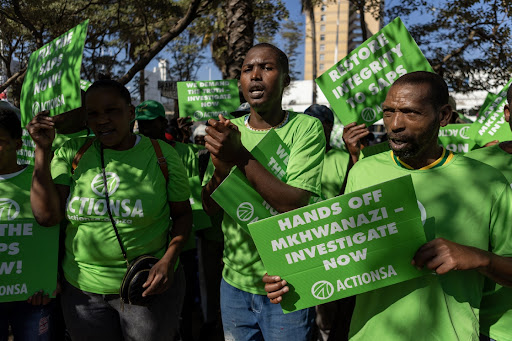
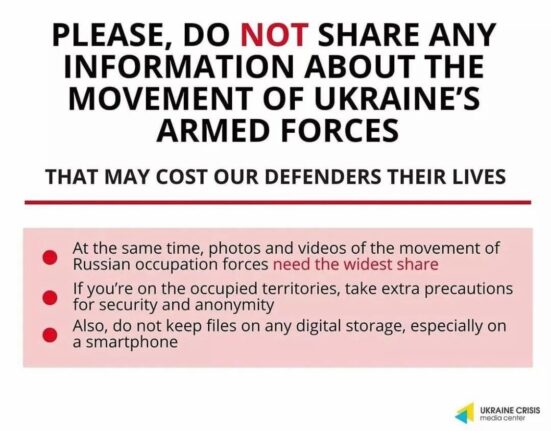
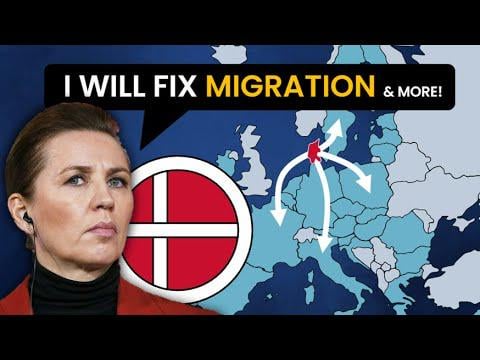


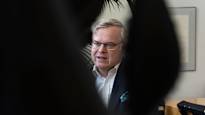
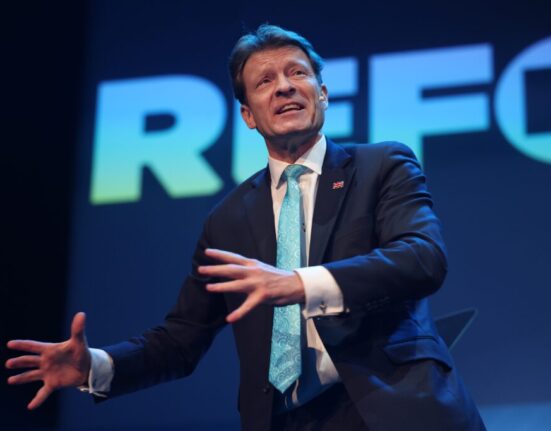
Leave feedback about this